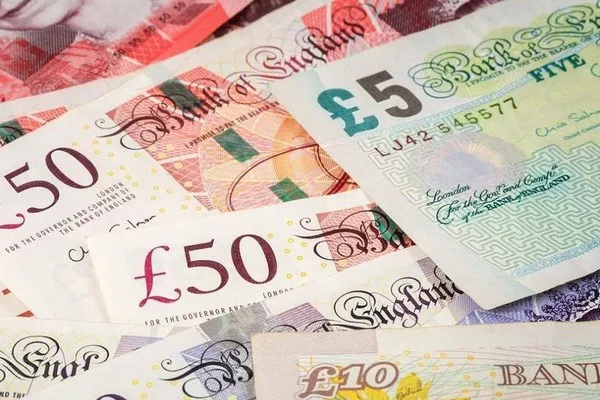The withdrawal of the United Kingdom (UK) from the European Union (EU), commonly known as Brexit, has raised numerous questions about the future trajectory of the British pound. As one of the world’s major currencies, the performance of the pound sterling has significant implications for domestic and international markets. This article aims to explore the potential outcomes for the British pound in a post-Brexit landscape, considering various economic factors and political developments that could shape its value.
1. Immediate Impact:
Following the referendum in 2016, the initial response of the currency markets was highly volatile. The British pound experienced a sharp decline against major currencies like the US dollar and the euro due to uncertainty surrounding the UK’s future relationship with the EU. This immediate impact highlighted the sensitivity of the pound to geopolitical events.
2. Economic Considerations:
Trade Relations: One of the key factors influencing the future of the pound is the nature of the trade agreements negotiated by the UK with the EU and other global partners. A comprehensive trade deal could provide stability and enhance investor confidence, potentially strengthening the pound.
Economic Indicators: Factors such as GDP growth, inflation rates, and interest rates play a vital role in determining a currency’s value. The UK’s ability to maintain a strong economy through prudent fiscal policies will be crucial in supporting the pound.
3. Political Developments:
Bank of England’s Monetary Policy: The Bank of England (BoE) plays a central role in managing the country’s monetary policy, including setting interest rates. The BoE’s decisions can influence the pound’s value by affecting borrowing costs and investment attractiveness.
Political Stability: Political stability is essential for maintaining investor confidence. Any political upheavals or uncertainties following Brexit could negatively impact the pound. Moreover, ongoing discussions around Scotland’s independence and the Irish border could add further complexity to the pound’s future.
4. Global Market Dynamics:
Investor Sentiment: The global investment community closely monitors currency markets for opportunities and risks. Favorable investor sentiment towards the UK, driven by strong economic indicators and trade relations, can bolster the pound’s value.
International Trade and Capital Flows: Foreign direct investments, trade balances, and capital flows influence a currency’s strength. An increase in foreign investment and improved trade balance could lead to a stronger pound.
5. Long-Term Outlook:
Transitional Period: Transitioning to a new relationship with the EU will likely involve several years of negotiations and adjustments. During this period, the pound may experience periods of volatility as uncertainties persist.
Economic Reforms: The UK government’s ability to implement necessary economic reforms, such as boosting productivity, diversifying industries, and attracting foreign investments, will be crucial in determining the pound’s long-term performance.
Conclusion:
The future of the British pound after Brexit remains uncertain, as it is subject to various economic, political, and global factors. While the initial impact of Brexit was characterized by volatility and depreciation, the path forward presents opportunities for stabilization and growth. The outcome will depend on the UK’s ability to negotiate favorable trade agreements, maintain a robust economy, ensure political stability, and navigate global market dynamics effectively. Monitoring these developments will be essential for investors, businesses, and policymakers alike as they adapt to the post-Brexit landscape and anticipate the future trajectory of the British pound.


